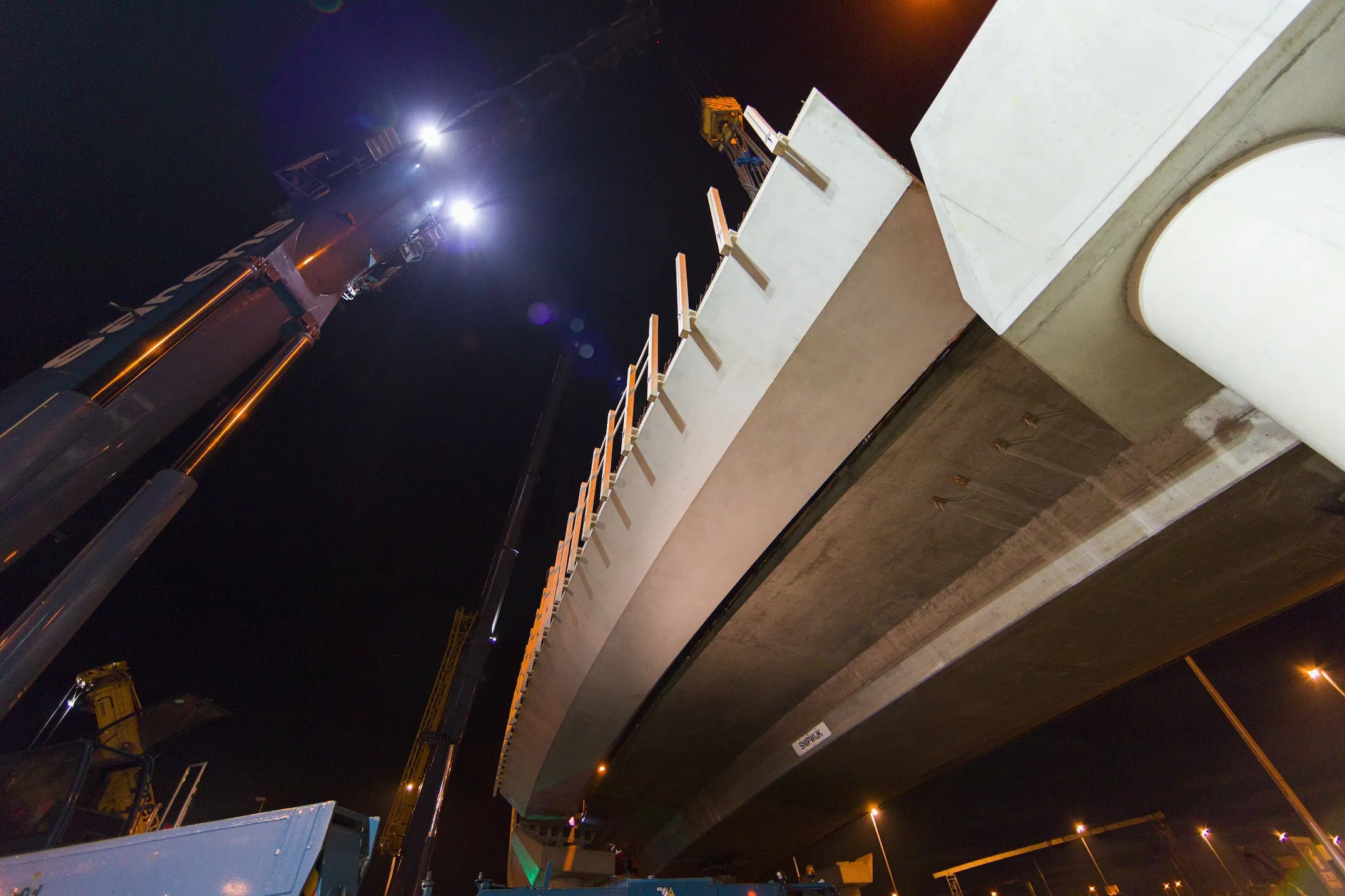Colombia’s Villavicencio-Yopal highway will be built by the consortium Estructura Plural Arauca (Conecol-Episol). The package of works was awarded by Colombia's National Infrastructure Agency (ANI). This deal forms part of the group of tenders for the second tranche of Colombia’s 4G roads programme. All nine of the 4G roads projects will be awarded by 15th July 2015. Under the Villavicencio-Yopal highway concession, the consortium must develop 261km of the route with an investment of US$741.9 million. The n
June 5, 2015
Read time: 2 mins
Colombia’s Villavicencio-Yopal highway will be built by the consortium Estructura Plural Arauca (Conecol-Episol). The package of works was awarded by Colombia's National Infrastructure Agency (ANI). This deal forms part of the group of tenders for the second tranche of Colombia’s 4G roads programme. All nine of the 4G roads projects will be awarded by 15th July 2015. Under the Villavicencio-Yopal highway concession, the consortium must develop 261km of the route with an investment of US$741.9 million. The new highway will directly benefit some 810,000 people living in Sabanalarga, Villavicencio, Yopal (Casanare), Cumaral, Paratebuento (Cundinamarca), Tauramena, Restrepo, Aguazul, Barranca de Upia (Meta), Monterrey and Villanueva. The route should take four years to build and is expected to generate 9,400 direct jobs during its construction. The work will help improve the existing Marginal del Llano arterial road connecting Meta with Casanare by providing additional lanes, as well as new junction at Cumaral. The project also involves the construction of 32 new bridges and 39 pedestrian walkways, in addition to widening 87 existing bridges, the construction of six underpass intersections and the development of three above-ground intersections.






